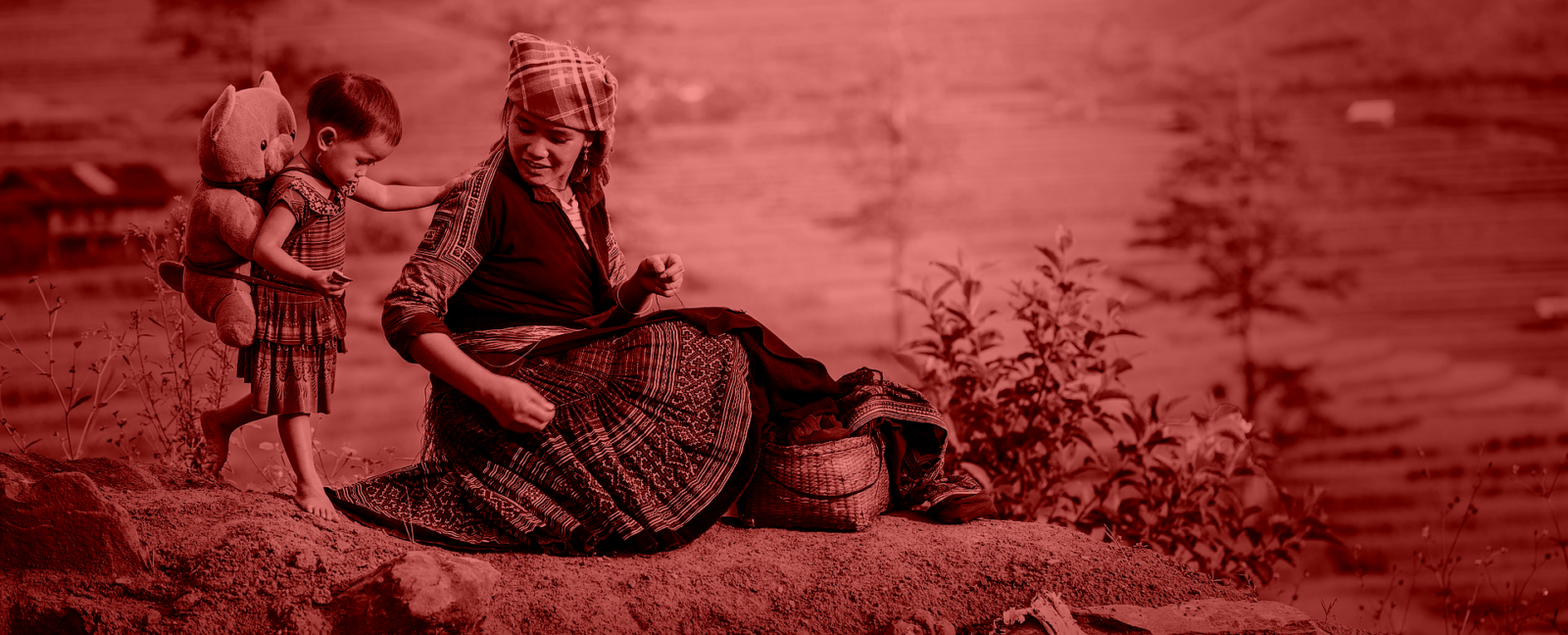People who live in low-income countries face a wide variety of challenges: they are subject to exploitation, unstable work and housing conditions, environmental pollution and the depletion of natural resources. These days, such problems increasingly often confront developed countries as well, and it appears that within the prevailing economic model proper living conditions are not accessible for all.
It is increasingly obvious that the massive challenges that humanity faces at this time – migration, climate change and the depletion of our resources – can only be tackled with solutions developed at the global level, which need to be implemented locally across the globe, however. New methods to respond to such challenges have always sprung up throughout history, from labor movements to large-scale social transformations, but they were often the only options on the table to manage the social problems they addressed. Recently, however, working innovative alternatives have shown that it is possible to create a solidarity-based sustainability, a new kind of economy.
Alternatives to capitalism are proliferating and reach a growing number of people. The ideal of a solidarity economy dates back centuries, but the concept has been experiencing a massive resurgence in the past decades. By today, it has become a grassroots movement that embraces such fundamental values as a human-centered outlook, reciprocity, equality, cooperation and sustainability.
A good example of solidarity-based initiatives are collective house and garden construction projects, farmer’s markets, local barter systems, charity shops, open source projects, repair cafes and innumerable other examples. Such types of local initiatives are flourishing and they are increasingly viewed as manifestations of a lifestyle that embodies genuine change and a shift towards a solidarity economy. This model could emerge as a cornerstone of an economic system that works for the benefit of all.

